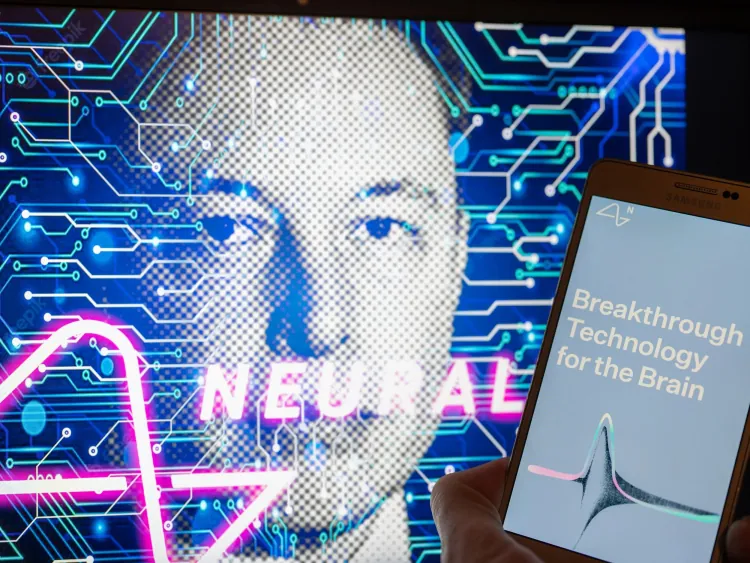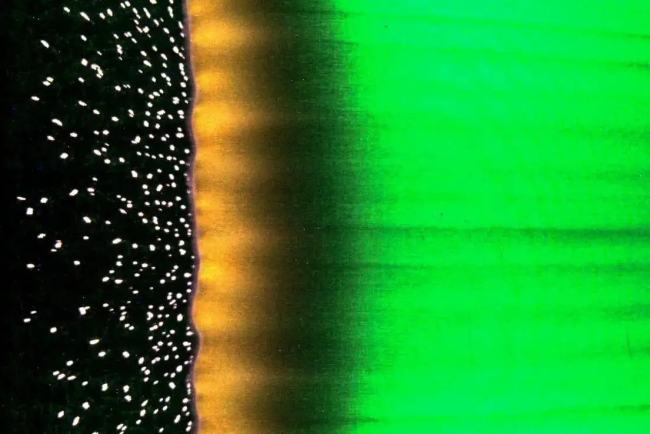Neuralink's Breakthrough: First Patient Recovers, FDA Concerns Linger
Discover Neuralink's pioneering patient recovery and the emerging FDA and medical concerns about long-term health

Neuralink's Breakthrough: First Patient Recovers, FDA Concerns Linger
Introduction
In a landmark event for medical science and technology, Neuralink Corp., led by visionary entrepreneur Elon Musk, has successfully implemented its first brain chip in a human patient. This pioneering endeavor not only signifies a colossal leap in the realm of brain-computer interfaces (BCIs) but also ignites a debate on the ethical and health implications of such advanced technologies. While the patient has astonishingly made a full recovery, controlling a computer mouse purely with thoughts, the Food and Drug Administration (FDA) along with a segment of the medical community have voiced apprehensions regarding the potential long-term health ramifications.
The Dawn of a New Era in Human-Technology Interaction
The recent announcement by Elon Musk about Neuralink's successful implantation marks a pivotal moment in the journey towards seamless human-technology synergy. The brain chip, engineered to enable direct communication between the human brain and external devices, proposes revolutionary possibilities for individuals with neurological conditions and mobility challenges.
-
Unveiling Neuralink's Innovation
Neuralink's technology stands at the forefront of BCIs, promising to redefine our interaction with digital devices and potentially restoring lost neurological functions. -
The Triumph of Human Ingenuity
The achievement of a fully recovered patient, now able to manipulate a computer interface through thought alone, embodies the culmination of years of meticulous research and development in neurotechnology.
FDA and Medical Community's Safety Concerns
Despite the initial success, the road ahead for Neuralink is fraught with scrutiny. The FDA, along with several doctors, has raised critical concerns regarding the safety and long-term health effects of the brain chip implants.
-
Evaluating Long-Term Health Risks
Questions loom over the potential long-term consequences of having a foreign object embedded within the brain, including risks of inflammation, rejection, and unforeseen neurological changes. -
The Regulatory Hurdles
The FDA's rigorous standards for medical device safety put a spotlight on the need for extensive testing and validation before such technologies can become widely available.
Looking Towards the Future: Prospects and Challenges
The discourse surrounding Neuralink's technological breakthrough is multifaceted, encompassing immense potential benefits and significant ethical, safety, and health considerations.
-
Potential for Transformative Change
The technology harbors the promise of transforming lives, particularly for those battling debilitating neurological disorders, by offering new avenues for treatment and rehabilitation. -
Navigating Ethical and Safety Waters
The development and deployment of BCIs like Neuralink's involve navigating complex ethical and safety considerations to ensure that the advancement of technology does not come at the expense of human well-being.
Conclusion and Forward Outlook
Neuralink's initial success marks a monumental step forward in the integration of technology with the human body. As we stand on the cusp of this new frontier, the collective focus must be on balancing innovation with ethical considerations and safety. The concerns raised by the FDA and the medical community are not roadblocks but rather crucial steps in ensuring that as we advance, we do so with caution and a deep commitment to the long-term health and safety of individuals.
FAQs
Q: What is a brain-computer interface (BCI)?
A: A BCI is a technology that enables direct communication between the brain and an external device, allowing for control of the device using thoughts.
Q: What are the potential benefits of Neuralink's brain chip?
A: The brain chip could revolutionize treatment and quality of life for people with neurological disorders and mobility issues, by enabling them to control devices and potentially regain lost functions.
Q: What are the main concerns regarding Neuralink's implant?
A: The main concerns include the potential for long-term health effects, such as neurological changes, inflammation, or rejection of the implant.
Explore further insights and developments in brain-computer interface technology at Kiksee Magazine.
What's Your Reaction?





















